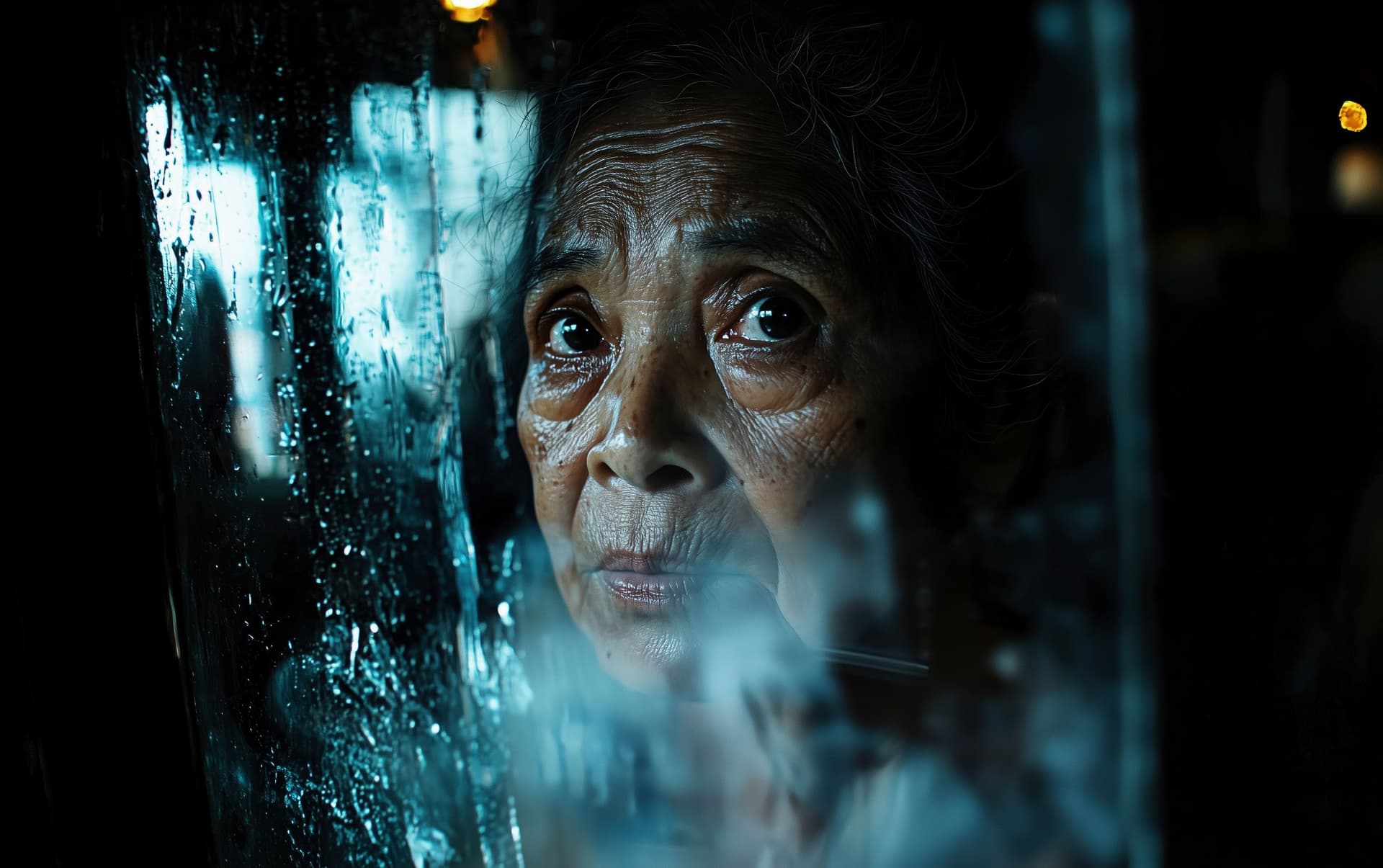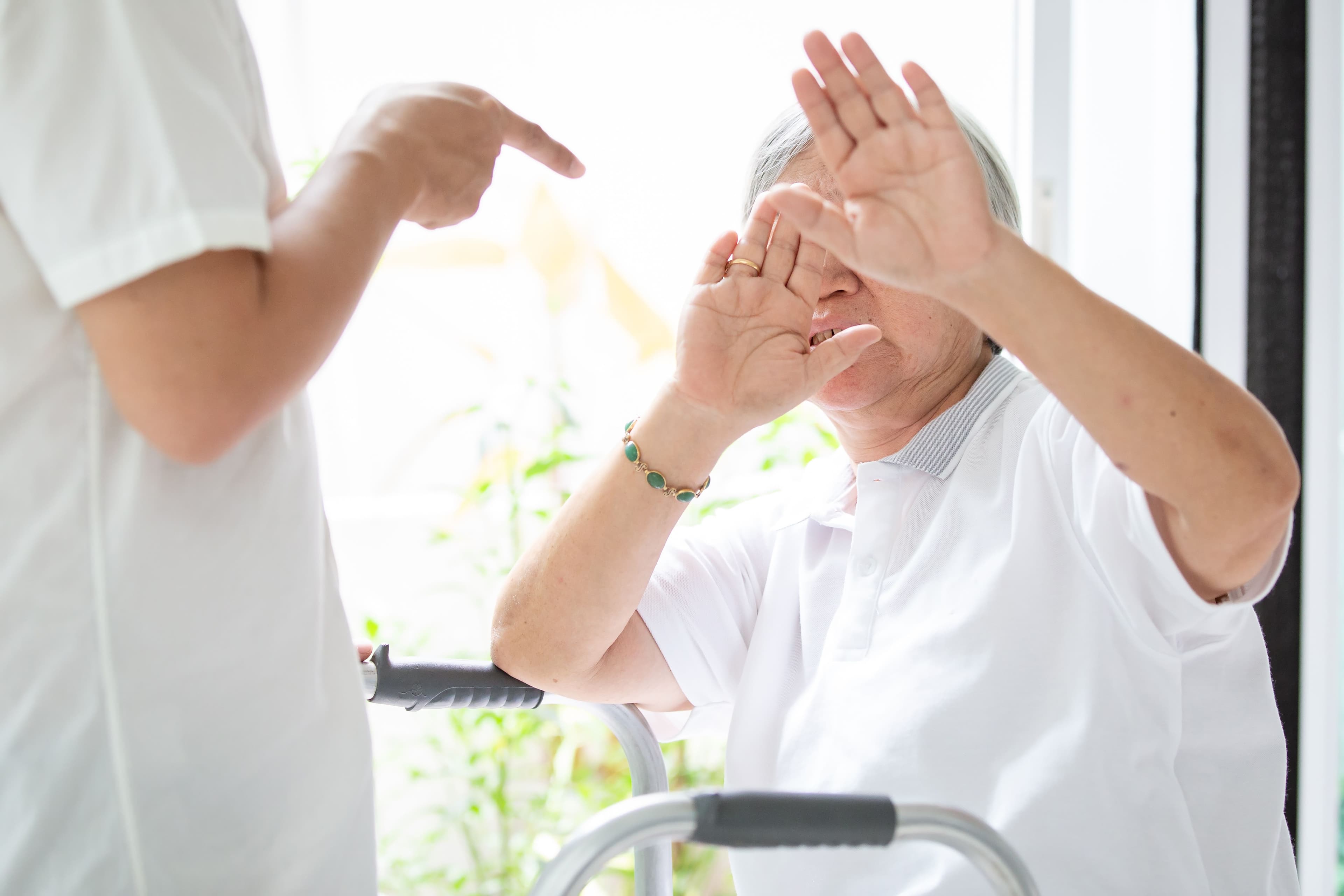Nursing homes are meant to provide a safe and caring environment for elderly residents. However, instances of physical and sexual assault in these facilities highlight a grave breach of trust. At Michael Hill Trial Law, we are committed to holding negligent nursing homes accountable and ensuring justice for victims and their families.
The Reality of Abuse in Nursing Homes
Physical and sexual assault in nursing homes often go unreported due to residents' fear, cognitive impairments, or inability to communicate. Statistics reveal alarming trends, with thousands of cases reported annually. These incidents often result from systemic failures within the facility, such as poor oversight, inadequate staffing, and neglectful practices. Residents with limited mobility, cognitive impairments, or other vulnerabilities are particularly at risk, making proactive measures essential.
Studies have shown that abuse in nursing homes is significantly underreported. Fear of retaliation, shame, or lack of proper communication channels prevents many victims from speaking up. This silence underscores the importance of vigilance by families and advocates, as well as rigorous enforcement of protective measures within these facilities.
Signs of Physical and Sexual Abuse
Recognizing abuse early is crucial to protecting residents. Common signs include:
- Unexplained Injuries: Bruises, cuts, or fractures without a clear cause. Injuries in unusual places, such as the inner thighs or upper arms, may indicate foul play.
- Behavioral Changes: Withdrawal, fearfulness, or agitation. Residents may become unusually quiet, avoid eye contact, or exhibit sudden mood swings.
- Inappropriate Interactions: Staff behaving unprofessionally or inappropriately with residents. Overly familiar behavior or resistance to allowing family visits may raise red flags.
- Unusual Medical Issues: Unexplained infections or injuries in sensitive areas. These may include frequent urinary tract infections or sexually transmitted diseases.
Families should also be alert to environmental cues, such as staff who seem overworked, inattentive, or defensive when questioned about residents' care.
Causes of Abuse in Nursing Homes
Several factors contribute to abuse, including:
- Understaffing: Overworked caregivers may resort to physical aggression out of frustration. Chronic understaffing leaves residents vulnerable, as fewer staff members are available to monitor and care for them adequately.
- Inadequate Training: Staff lacking proper training in elder care are ill-equipped to handle residents’ needs. Without education on de-escalation techniques or behavioral management, staff may respond inappropriately to challenging situations.
- Negligent Hiring Practices: Employing staff without thorough background checks increases the risk of abuse. Facilities that fail to screen employees for criminal histories or past misconduct endanger their residents.
- Lack of Oversight: Poor management and a failure to implement strict monitoring systems allow abusive behavior to go unnoticed.
The Impact of Physical and Sexual Assault
The consequences of abuse extend beyond physical injuries, causing profound emotional and psychological damage. Residents may experience:
- Post-Traumatic Stress Disorder (PTSD): Flashbacks, nightmares, and severe anxiety can persist long after the abuse has ended.
- Depression: Feelings of hopelessness and worthlessness are common, particularly when residents feel powerless to escape their situation.
- Social Isolation: Abuse often leads to withdrawal from social activities and interactions, further diminishing residents' quality of life.
For families, discovering abuse can lead to guilt, anger, and a loss of trust in the facility responsible for their loved one's care. Financial burdens also arise, as additional medical treatments and legal actions become necessary.
Addressing Barriers to Reporting Abuse
Encouraging residents and their families to report abuse is a critical step in addressing the issue. Solutions include:
- Establishing Anonymous Reporting Channels: Providing hotlines or suggestion boxes ensures residents and staff can report concerns without fear of retaliation.
- Training Staff to Recognize Abuse: Educating employees on the signs of abuse and their duty to report it fosters a culture of accountability.
- Regular Family Visits: Families who visit frequently are more likely to notice changes in their loved one’s demeanor or physical condition.
- Independent Audits: Third-party inspections help identify systemic issues that may contribute to abuse.

Preventing Abuse in Nursing Homes
Facilities must take proactive measures to prevent abuse, including:
- Implementing Strict Hiring Practices: Comprehensive background checks and psychological evaluations for prospective employees can filter out unsuitable candidates.
- Staff Training Programs: Regular workshops on elder care, conflict resolution, and abuse prevention equip staff with the skills needed to provide compassionate care.
- Enhanced Monitoring Systems: Installing cameras in common areas and ensuring regular supervisory rounds create a safer environment for residents.
- Adequate Staffing Levels: Ensuring sufficient staffing allows caregivers to meet residents’ needs without becoming overburdened.
- Resident Advocacy Groups: Establishing internal committees that include residents and families can provide a platform for voicing concerns and suggestions.
How Michael Hill Trial Law Can Help
Our team is dedicated to exposing abuse and securing justice for victims. We:
- Investigate Facilities: Uncover systemic issues contributing to abuse. Our legal team examines facility records, staff histories, and prior complaints to identify patterns of negligence.
- Work with Experts: Collaborate with medical and psychological professionals to substantiate claims. Expert testimony strengthens cases by demonstrating the impact of abuse on residents.
- Advocate for Change: Push for stricter regulations and better protections for nursing home residents. By holding facilities accountable, we aim to deter future misconduct.
Success Stories
In one case, our firm represented a family whose elderly mother suffered repeated physical abuse at a nursing home. Through thorough investigation, we discovered that the facility was severely understaffed and had ignored multiple complaints about an abusive caregiver. Our efforts led to a substantial settlement for the family and prompted the facility to implement new staffing and training protocols.
Another case involved a resident who was sexually assaulted by a staff member with a prior criminal record. We uncovered the facility’s failure to conduct proper background checks, securing justice for the victim and her family while advocating for stricter hiring standards statewide.
Advocating for Systemic Change
At Michael Hill Trial Law, we believe that addressing individual cases is only part of the solution. To create lasting change, we:
- Promote Legislative Reforms: Advocate for stricter oversight and mandatory reporting laws.
- Support Awareness Campaigns: Educate the public on the prevalence of abuse and the importance of holding facilities accountable.
- Collaborate with Advocacy Organizations: Partner with groups dedicated to protecting the rights and dignity of elderly residents.
Taking Action
If you suspect a loved one is experiencing abuse in a nursing home, take immediate action by:
- Documenting Evidence: Record any signs of injury, behavioral changes, or environmental concerns.
- Reporting to Authorities: Contact local law enforcement or adult protective services.
- Seeking Legal Assistance: Consult with experienced attorneys to understand your options and protect your loved one’s rights.
Holding Facilities Accountable
Physical and sexual assault in nursing homes is a betrayal of trust that demands accountability. At Michael Hill Trial Law, we are committed to fighting for justice and creating safer environments for vulnerable residents. Contact us today for a consultation and take the first step toward ensuring your loved one’s safety and dignity.

